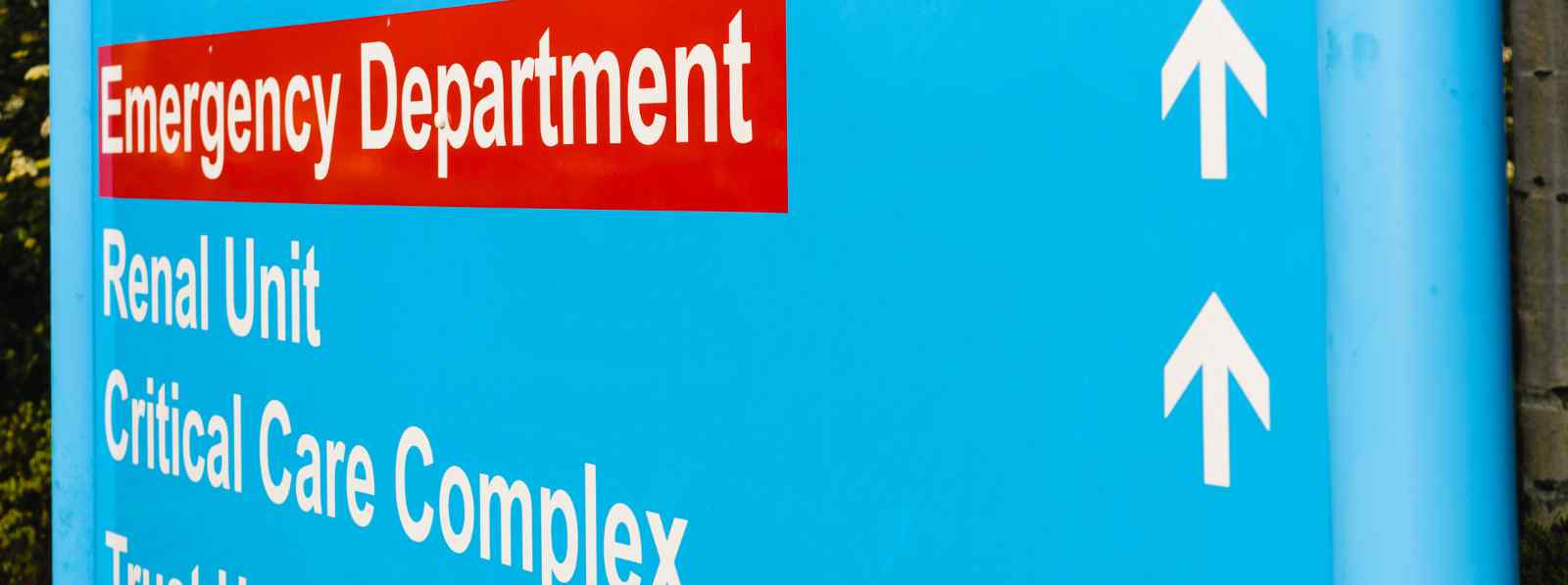
A £9m research centre focused on tackling and reducing health inequalities in the UK has been announced.
The University of Strathclyde is a partner in the ESRC (Economic and Social Research Council) Centre for Lifecourse Health Equity (Equalise), which will work in partnership with a team of experts in local and national government and a wide range of health equity-focused advocacy and voluntary groups.
The Centre’s research will have five key themes:
- reducing inequalities in learning and development opportunities
- work and health over the lifecourse
- care, health and wellbeing over the lifecourse
- place-based inequalities
- research and policy synthesis.
The Centre will be led by University College London.
Professor Kat Smith, of Strathclyde’s Department of Social Work & Social Policy, the University’s lead in Equalise, said:
Health inequalities remain an urgent challenge throughout the UK. Disadvantages in housing, employment, income and education are too often intersecting in ways that prevent people from leading healthy, fulfilling lives.
“Equalise will investigate how key socio-economic inequalities that contribute to unfair health differences can be reduced and will work to bring researchers, public bodies, voluntary organisations and communities into conversations about potential solutions. Strathclyde will be leading on qualitative research and citizen engagement, helping to ensure the new Centre’s research and policy recommendations are informed by lived experiences and public preferences.”
Professor Yvonne Kelly, Director of the ESRC International Centre for Lifecourse Studies and co-Director of Equalise, said: “Despite the UK leading the way in health inequalities research, the gaps between rich and poor have widened, gains in life expectancy have stalled and poor health restricts people’s ability to participate actively and equally in society.
"Equalise seeks to change that by moving away from identifying the issues to actively addressing them. This will be done by undertaking collaborative research with our partners that generates actionable insights to redress health inequalities.”